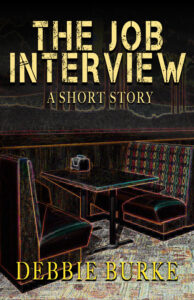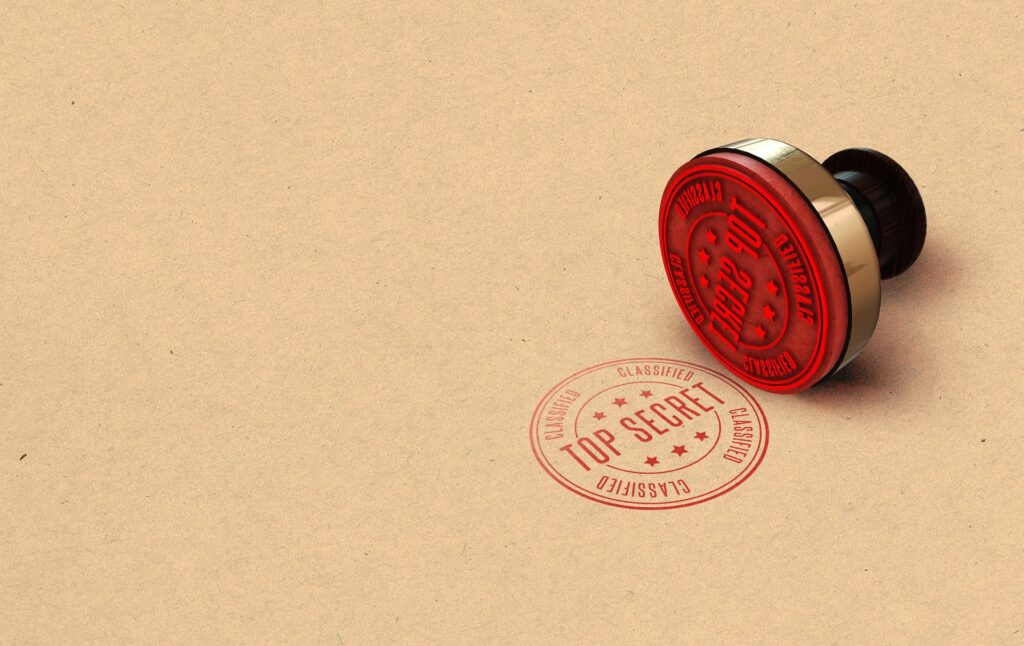
By Elaine Viets
Another Brave Author has given us what looks like a spy thriller. First, let’s read the first page. Then I’ll offer my comments, and you can add yours.
A Mind Trap
Everything in the dimly lit warehouse of the aerospace company appeared
to be as it should. And for Edward Malver, crouching in the deeper shadows of
some packing crates, everything was as it should be. His digital wristwatch showed it
was midnight and every employee except one security guard had gone home many
hours earlier.
Widely spaced overhead lighting cast pools of weak light in a murky realm of lighter
and darker shades of black. Metal shipping containers and wooden packing crates of
all sizes were stacked in rows like giant tombstones in a netherworld. Malver stood up
and hurried toward the exit downstairs.
He didn’t want to remain any longer than was absolutely necessary. The risk of
discovery increased with every passing minute, and the dark made him uneasy. Malver
shuddered. If he stayed in it too long, he knew the terrible memories would resurface to
savage him.
Malver was relieved to see how well his black pullover sweater and slacks blended in
with the surrounding darkness, camouflaging his tall slender frame and rendering him
almost a part of the darkness. He checked his blue nitrile examination gloves to be sure
they were not torn, then pulled a dark beanie further down over his gray-peppered black
hair. Walking with the silence of a shadow, he glanced around while listening for any
out-of-place sounds. All was as quiet as the grave.
Malver’s lock picks, both manual and electronic, rested in his nylon shoulder pouch next to the photographs he’d just taken of the secret Raptor missile. The Raptor was a surface-to-air missile with a “smart” computer guidance system making it virtually
impossible to fool or escape from. Really bad news for any fighter or bomber pilot it
was fired at. The Raptor had taken dozens of scientists seventeen years to develop
and perfect. Malver could have targeted the minds of some of the key scientists but it
was so much easier to just steal what he needed; truly a rare opportunity too good to
pass up, he thought.
He’d be selling the photos of the technical specifications and schematic diagrams
three days from tonight. The photos would earn him good money. But in this instance,
the money was secondary. Malver was pleased at how smoothly this operation was
going, on schedule and with no glitches.
Then he saw the security guard approach the catwalk
Elaine’s Comments:
Our Brave Author gets this novel off to a creepy start, but we need someone to root for – or against. Is Malver a good guy or a bad one? Is he an operative for the United States, or an enemy spy? Why does he need these plans and who will he give them to?
It’s important that we know.
For the sake of this critique, let’s say he’s a villain. Then this thriller can have a dramatic race to keep the Raptor plans from falling into enemy hands.
Also, the opening needs to ratchet up the tension. In the first paragraph, I’ve made some small cuts to move the pace along. I also had Malvern checking his wrist watch, getting rid of the passive voice “his wrist watch showed it was . . .” I left the second paragraph untouched.
In Paragraphs 3 and 4, I’ve done more tightening, getting rid of unnecessary words such as “in,” “just” and “so” I changed “darkness” to “gloom” to avoid repeating the word. Nitrile “examination” gloves is unnecessary. Your readers know what nitrile gloves are. I cut “as the grave.” It’s cliched.
The phrase that puts manual and electronic lock picks in apposition has been recast, so the sentence moves smoothly. Also, I cleaned up some other phrases. The last paragraph is fine, except it needs a period at the end.
PARAGRAPH 1 Everything in the dimly lit warehouse of the aerospace company appeared to be as it should. AndfFor Russian agent Edward Malver, crouching in the deeper shadows of some the packing crates, everything was as it should. be. His wristwatch showed it was He checked his digital wristwatch. Midnight. ed it was midnight and Every employee except one security guard had gone home. The lazy Americans didn’t stay late. The new Cold War had started when President Vladimir Putin offered to support the Russian-speaking separatists in eastern Ukraine. The clueless West called his actions an invasion, but what did they know? History was on Mother Russia’s side. manyhours earlier.
PARAGRAPH 2 Widely spaced overhead lighting cast pools of weak light in the murky blackness. Metal shipping containers and wooden packing crates were stacked in rows like giant tombstones. Malver stood up and hurried toward the downstairs exit.
PARAGRAPH 3 Malver’s black pullover sweater and slacks blended in with the darkness, camouflaging his tall slender frame, and rendering him almost a part of the gloom. darkness. He checked his blue nitrile examination gloves to be sure they were not torn, then pulled a dark beanie further down over his gray-peppered black hair. Walking silent ly as a shadow, he glanced around, while listening for anything out of place sounds. All was as quiet. as the grave.
PARAGRAPH 4 Malver’s lock picks, both manual and electronic lock picks rested in his nylon shoulder pouch next to the photographs he’d just taken of the secret Raptor missile. Developed by the US, the Raptor was a surface-to-air missile with a “smart” computer guidance system making it virtually impossible to fool or escape. from. Really Bad news for any fighter or bomber pilot in its path. it was fired at. The Raptor had taken dozens of scientists seventeen years to develop and perfect. Malver could have targeted the minds of some of the key scientists’s minds, but it was so much easier to just steal what he needed. This ; truly a rare opportunity was too good to pass up, he thought.
PARAGRAPH 5 He’d be selling the photos of the technical specifications and schematic diagrams three days from tonight. The photos would earn him good money. But in this instance,
the money was secondary. Malver was pleased at how smoothly this operation was
going, on schedule and with no glitches.
PARAGRAPH 6 Then he saw the security guard approach the catwalk.
Here’s a clean version:
Everything in the dimly lit warehouse of the aerospace company appeared as it should. For Edward Malver, crouching in the deeper shadows of the packing crates, everything was as it should. He checked his digital wristwatch. Midnight. Every employee except one security guard had gone home. The lazy Americans didn’t stay late. The new Cold War had started when President Vladimir Putin offered to support the Russian-speaking separatists in Eastern Ukraine. The clueless West called Putin’s actions an invasion, but what did they know? History was on Mother Russia’s side.
Widely spaced overhead lighting cast pools of weak light in the murky blackness. Metal shipping containers and wooden packing crates were stacked in rows like giant tombstones. Malver stood up and hurried toward the downstairs exit.
Malver’s black pullover sweater and slacks blended with the darkness, camouflaging his tall slender frame, rendering him almost part of the gloom. He checked his blue nitrile gloves to be sure they were not torn, then pulled a dark beanie further down over his gray-peppered black hair. Walking silent as a shadow, he glanced around, listening for anything out of place. All was quiet.
Malver’s manual and electronic lock picks rested in his nylon shoulder pouch next to the photographs he’d taken of the secret Raptor missile. Developed by the United States, the Raptor was a surface-to-air missile with a “smart” computer guidance system making it virtually impossible to fool or escape. Bad news for any fighter or bomber pilot in its path. The Raptor had taken scientists seventeen years to develop and perfect. Malver could have targeted some of the key scientists’s minds, but it was much easier to steal what he needed. This rare opportunity was too good to pass up, he thought.
He’d be selling the photos of the technical specifications and schematic diagrams three days from tonight. The photos would earn him good money. But in this instance, the money was secondary. Malver was pleased at how smoothly this operation was going, on schedule and with no glitches.
Then he saw the security guard approach the catwalk.
TWO MORE NOTES: Some of your manuscript was in purple ink, and some in black. Please be consistent when you show it to an editor.
And finally, I like the name of your villain.
Keep writing, Brave Author.
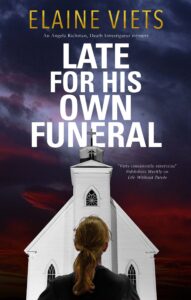
LATE FOR HIS OWN FUNERAL is “a fascinating exploration of sex workers, high society, and the ways in which they feed off of one another.” Enter to win a copy here: https://kingsriverlife.com/08/06/late-for-his-own-funeral-by-elaine-viets/

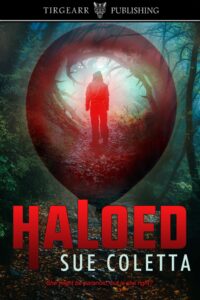 She may be paranoid, but is she right?
She may be paranoid, but is she right? There’s a great Far Side cartoon (among so many great ones from the genius Gary Larson). It shows the back of a man seated at a desk. He has a pencil in his fingers, but his hands are grabbing his head in obvious frustration. In front of him are a series of discarded pages with MOBY DICK, Chapter 1 at the top. They say:
There’s a great Far Side cartoon (among so many great ones from the genius Gary Larson). It shows the back of a man seated at a desk. He has a pencil in his fingers, but his hands are grabbing his head in obvious frustration. In front of him are a series of discarded pages with MOBY DICK, Chapter 1 at the top. They say: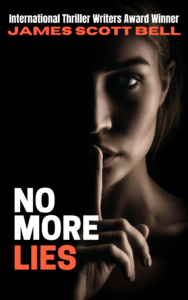
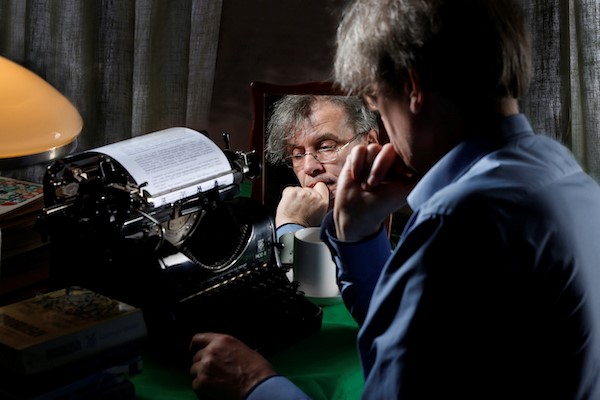
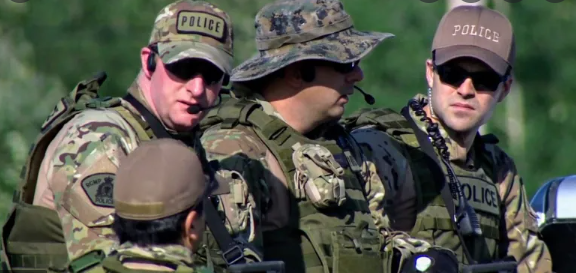
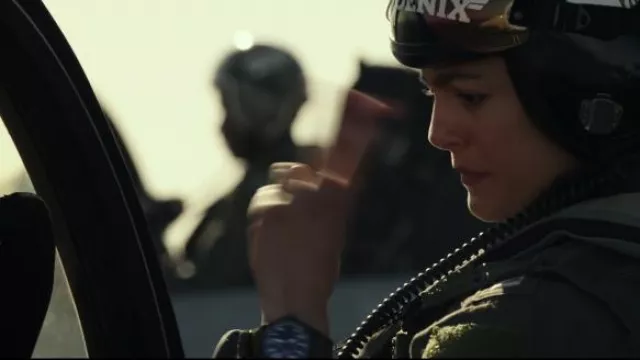
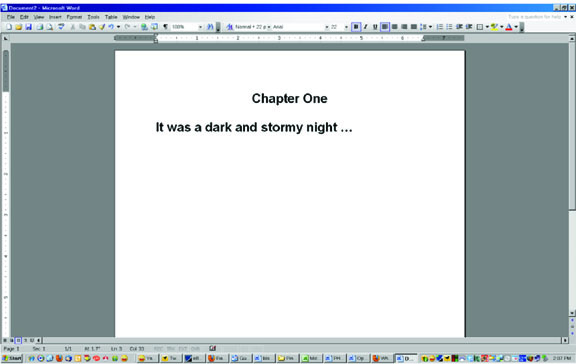
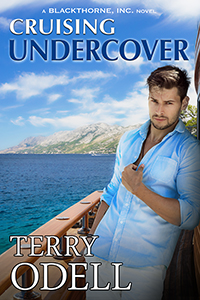



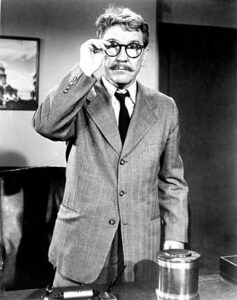
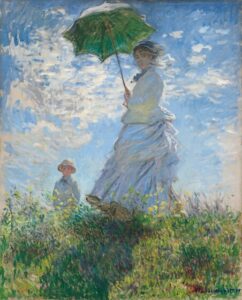 My world no longer looks like an Impressionist painting. I can see individual leaves on trees, blades of grass, street signs (oh, that’s where I was supposed to turn).
My world no longer looks like an Impressionist painting. I can see individual leaves on trees, blades of grass, street signs (oh, that’s where I was supposed to turn).